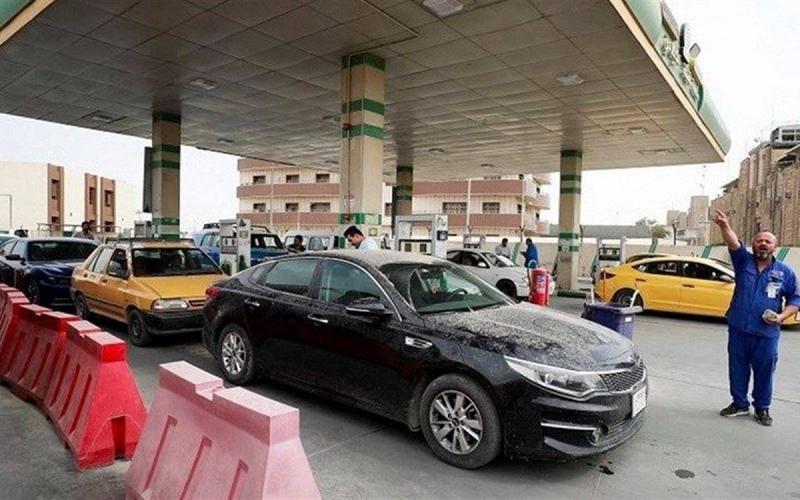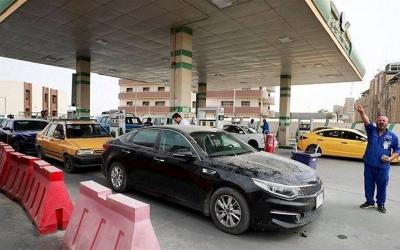The gasoline crisis and the Iraqi government's price increase have not gone unnoticed, as public protests have emerged along with parliamentary movements urging the government to reconsider its decision. Although the decision reverts improved gasoline prices to what they were before 2021—when it was reduced from 850 dinars per liter to 650 dinars due to the ramifications of the "Corona" pandemic—it has sparked street anger, which parties, particularly opponents of Prime Minister Muhammad Shia’ al-Sudani, have quickly exploited following reports indicating a rise in his popularity among the Iraqi public.
On March 26, the Cabinet decided to raise the prices of automotive fuel by about 30% for improved gasoline and by 25% for "super" gasoline, starting in May. The unusual price increase coincided with rumors of a potential return of the Sadrist leader, Muqtada al-Sadr, to the political arena, which may lead to significant disruptions, primarily affecting most leaders of the Shiite Coordination Framework.
According to a political source familiar with the matter, "political protests have now reached the point of calling Prime Minister Muhammad Shia’ al-Sudani and Oil Minister Abdul-Ghani Hayyan to Parliament." A number of parliament members signed a request to host both the Prime Minister and Minister Hayyan under the dome of Parliament to clarify the reasons for the decision to increase the prices of petroleum derivatives, including both types of gasoline (improved and super).
The source stated: "Some political forces are trying to put al-Sudani in a difficult position, forcing him to face public discontent over rising prices." The informed source, who requested anonymity, added that "the problem for al-Sudani's opponents in the Shiite community lies in their concern about potentially losing seats in the upcoming elections, with the possibility of al-Sudani forming a political alliance that will compete in the next Parliament."
The source viewed that "the potential return of al-Sadr to the political scene would be against most forces of the Coordination Framework, but it would not affect al-Sudani, meaning that al-Sadr and al-Sudani could be the largest Shiite powers in the next elections since both would share seats with other forces in the Coordination Framework."
The source continued: "The forces of the Coordination Framework will not allow such a scenario and are already working on constraining al-Sudani in every possible way, without hesitating to use the gasoline issue for this purpose," predicting a rise in protest waves against the government in the coming days.
An Iraqi oil official elaborated on the government's decision and its impact on car owners, stating that "the increase in gasoline prices did not include regular fuel used by ordinary cars, including taxis, especially the widely used Iranian-made 'Saipa', and does not affect vehicles using diesel fuel, which are the majority of public transport vehicles."
The anonymous oil official explained that "Iraq consumes 31 million liters of all three types of gasoline—regular, improved, and super—per day, with about half of this fuel imported from abroad, costing the state more than $3 billion annually, while the government provides support for gasoline at rates ranging from 20% to 60%."
Furthermore, the source noted that "large quantities of this subsidized gasoline are smuggled due to its low price in central and southern provinces, while the increase aims to curb or reduce this smuggling, as well as to rationalize consumption." According to the official, "the consumption of regular gasoline accounts for 82% of the total consumption of the three types, meaning that the increase only affects 18% of the covered cars, which are usually modern and not used by low-income individuals."




